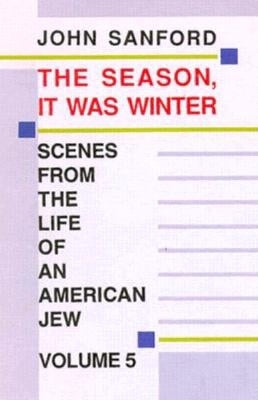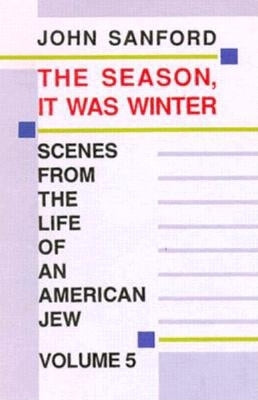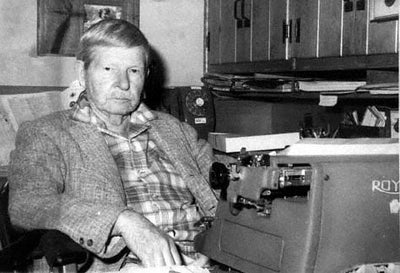
In his five volume epic autobiography, John Sanford once again juxtaposes reminiscence with documentary material--not only brief, lyrical bio-vignettes on earlier American heroes and heroines, but also excerpts from personal letters, diaries and transcripts of court testimony--to build an impressive mosaic of the past, giving back full multi-dimensional vividness to history by returning it to the intimate field of experience, registered through his unique prose construction method: that elusive quality of vanished time which he himself has aptly termed "the color of the air." For all his reliance on the distancing elements of fact, record and assemblage, it becomes increasingly clear as Sanford's critically acclaimed work reaches its conclusion that the method is as personal as any other major writer's. "Whether we know it or not," he himself recently suggested, "we all draw on ourselves for what we've seen, done, heard, imagined; on our stock, our savings, and we use it till it's gone."
Also available from Godine: Volume 1: The Color of Air, Volume 2: The Waters of Darkness, Volume 3: A Very Good Land to Fall With, Volume 4: A Walk in the Fire

